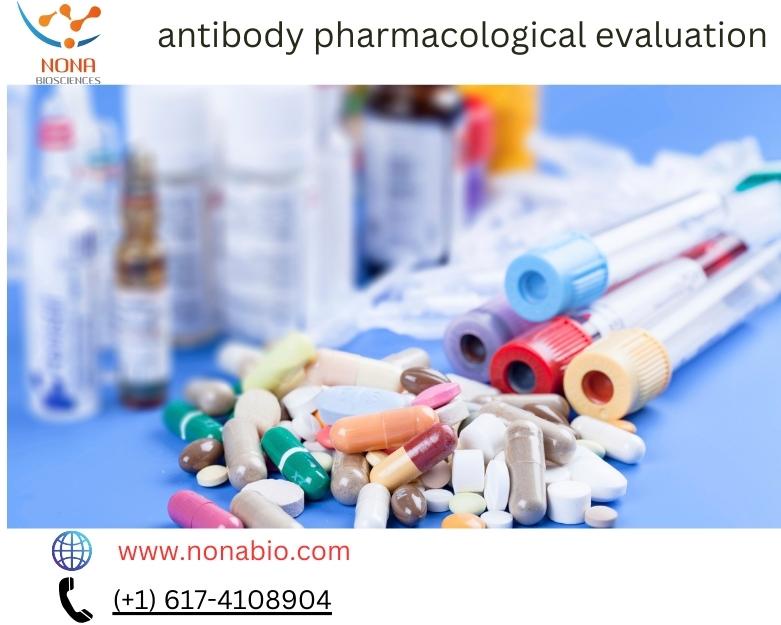In this guest post, we delve into the intricate process of antibody pharmacological evaluation and its pivotal role in unlocking the full potential of these therapeutic agents.
Antibodies, whether sourced from natural immune responses or engineered in laboratories, possess unique properties that make them invaluable in the treatment of various diseases. From targeting cancer cells to modulating immune responses in autoimmune disorders, antibodies offer unparalleled precision in therapeutic intervention. However, to harness their full therapeutic potential, it is essential to subject them to comprehensive pharmacological evaluation.
The pharmacological evaluation of antibodies encompasses a multifaceted approach aimed at understanding their pharmacokinetic (PK) and pharmacodynamic (PD) properties. PK studies focus on how antibodies are absorbed, distributed, metabolized, and excreted within the body. This involves assessing factors such as bioavailability, half-life, and tissue distribution to optimize dosing regimens and ensure adequate exposure for therapeutic efficacy.
Concurrently, PD studies delve into the mechanisms of action by which antibodies exert their therapeutic effects. This includes investigating their interactions with target antigens, downstream signaling pathways, and immune effector functions. By elucidating these mechanisms, researchers can fine-tune antibody design and identify biomarkers for monitoring treatment responses.
Moreover, pharmacological evaluation plays a crucial role in assessing the safety profile of antibodies. Toxicology studies are conducted to identify potential adverse effects, including immunogenicity, cytokine release syndrome, and off-target binding. By characterizing the potential risks associated with antibody therapy, researchers can implement risk mitigation strategies and ensure patient safety during clinical development.
In addition to traditional pharmacological assessments, advancements in antibody engineering have led to the development of next-generation antibodies with enhanced properties. These include engineered antibodies with optimized Fc regions for improved effector functions, bispecific antibodies capable of targeting multiple antigens simultaneously, and antibody-drug conjugates for targeted delivery of cytotoxic payloads.
Nona Biosciences, a leader in biotechnology and therapeutic innovation, is at the forefront of antibody pharmacological evaluation. Through state-of-the-art laboratories and cutting-edge research facilities, Nona Biosciences conducts comprehensive evaluations of antibody candidates to identify promising leads for further development. By leveraging their expertise in pharmacology, molecular biology, and immunology, Nona Biosciences is advancing the frontier of antibody-based therapies across a spectrum of diseases.
In conclusion, antibody pharmacological evaluation is a cornerstone in the development of effective and safe therapeutic antibodies. By rigorously assessing their PK/PD properties, mechanisms of action, and safety profiles, researchers can unlock the full potential of these biologics for improved patient outcomes. As advancements in antibody engineering continue to evolve, the future holds immense promise for antibody-based therapies in reshaping the landscape of modern medicine.


No comments yet